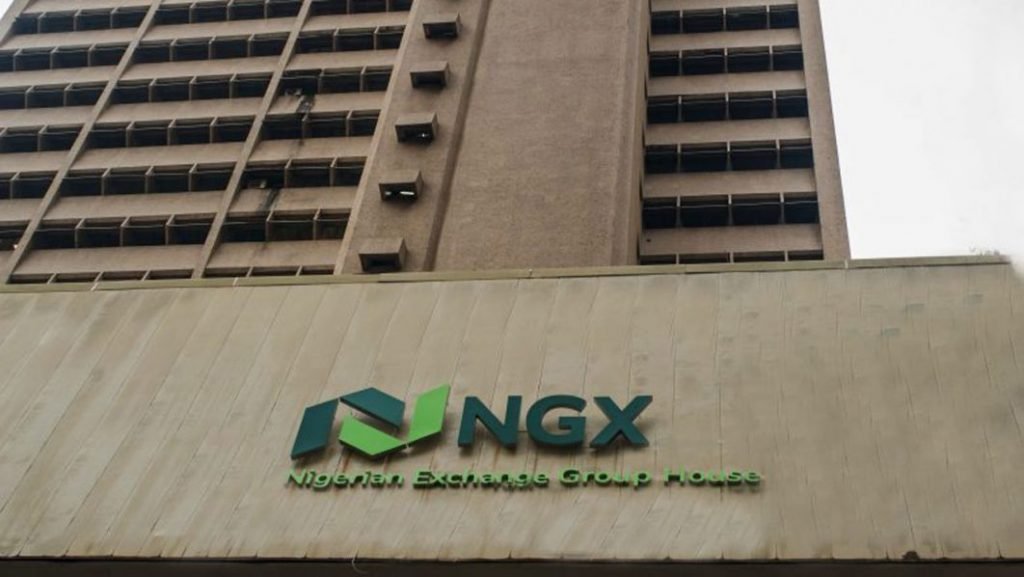
Operators have urged market regulators to create investible instruments that could attract the $20 billion diaspora remittance to the market to help tackle the illiquidity challenge.
Increased volatility and illiquidity have continued to trigger a persistent downturn in the Nigerian Exchange Limited (NGX), a challenge that impacted negatively on market performance.
There has been an underperformance of the listed stocks on the Nigerian Exchange Limited (NGX) since after the 2007-2008 global financial crisis. Much of the problem has been attributed owing to illiquidity and low investors’ confidence.
The development has continued to fuel persistent fall in share prices of listed firms, with most blue-chip stocks recording a 10-year low.
For instance, a seven-year review of banking stocks showed that the shares of Unity Bank Plc, which stood at N2.29 kobo as of 2015, dropped to 43 kobo as at the close of a transaction on Friday, shedding more than 80 per cent in value. Similarly, Union Bank Plc also shed 35.5 per cent in the same period to close at N5.60 kobo.
In the consumer goods subsector, PZ Cussons Plc lost 60.72 per cent during the period, dropping fromN29.18 kobo to N8.20 kobo while Honeywell depreciated to N2.53 kobo from N3.72 kobo.
For the insurance subsector, Aiico also shed 32 per cent to close at 0.56 kobo.
The stakeholders argued that the gradual global economic recovery portends increasing opportunity in diaspora remittances.
Nigeria topped sub-Saharan Africa (SSA) in remittances with $20 billion in 2021. The performance was a remarkable improvement from the $17.21 billion recorded in 2020.
Investors suggested that the regulators should replan and reposition the capital market to leverage the remittance windfall to boost the economy.
They argued that investors’ confidence in the market would remain low until more focused policies that would boost liquidity and make the market thrive for both local and foreign investors are adopted.
Former President of the Chartered Institute of Bankers of Nigeria (CIBN), Uche Olowu, said regulators should segment their product offerings to high net-worth individuals (HNIs) and small savers while investment-friendly mechanisms that would guarantee the safety of the diaspora’s savings are created.
“They should look into bonds offerings and real estate investment vehicles. Above all, create confidence and trust by instituting proper corporate governance as transparency is critical to its success,” he said.
Head of Equity Trading, Planet Capital, Paul Uzum, said if dollar-denominated equities or fixed income is introduced in the market, it would attract the diaspora funds into the capital market.
He said most diaspora investors are only interested in Eurobonds because of a lack of confidence in the local currency.
“The key issue is naira and macroeconomic stability. When the economy is fast growing, with at least five per cent real GDP growth with low inflation and a stable exchange rate, diaspora fund and other foreign institutional investors will invest in the market.
“If you bring your $1 million to Nigeria today to invest in naira-denominated equities, bonds and commercial papers, by the time you are withdrawing your fund in the next two years, your investment could drop to $800,000 not because you did not earn a dividend, capital gain or interest, but owing to the perpetual depreciation of the naira,” he said.
He noted that those who own these $20 billion sitting in Nigerian banks will never convert to dollars to invest in naira investment until the economic conditions are right with a stable exchange rate, single-digit inflation and high GDP growth. “We have a derivative FX market on FMDQ, but the price quotes today already tell you that the naira will fall. If sometime in the future we introduce dollar-denominated equities or fixed income into our market, these will attract the diaspora funds.”
Chief Executive Officer of the NGX, Temi Popoola stressed the need to attract these remittances to the capital market to boost liquidity. He said the exchange has a robust architecture to draw this fund to the market, adding that the exchange is putting measures in place to ensure that this is achievable in a near future.
Former President of the Chartered Institute of Stockbrokers (CIS), Ariyo Orisekun said hardly will such money finds its way to the market unless the Nigerian Diaspora Commission would work with the Nigerian Exchange Limited (NGX) to ensure that a significant amount of contributions from the Nigerian Diaspora Investment Trust Fund (NDITF) is deployed into the capital market to yield returns.
“When this diaspora investment fund is fully set up, it would be invested in different projects and instruments. On an annual basis, the fund will yield returns and they can send money to their relatives from the returns while the principal remains intact.”
He added that this would help deepen the market and grow the economy while the contributors still achieve their aim of sending money to their relatives.






